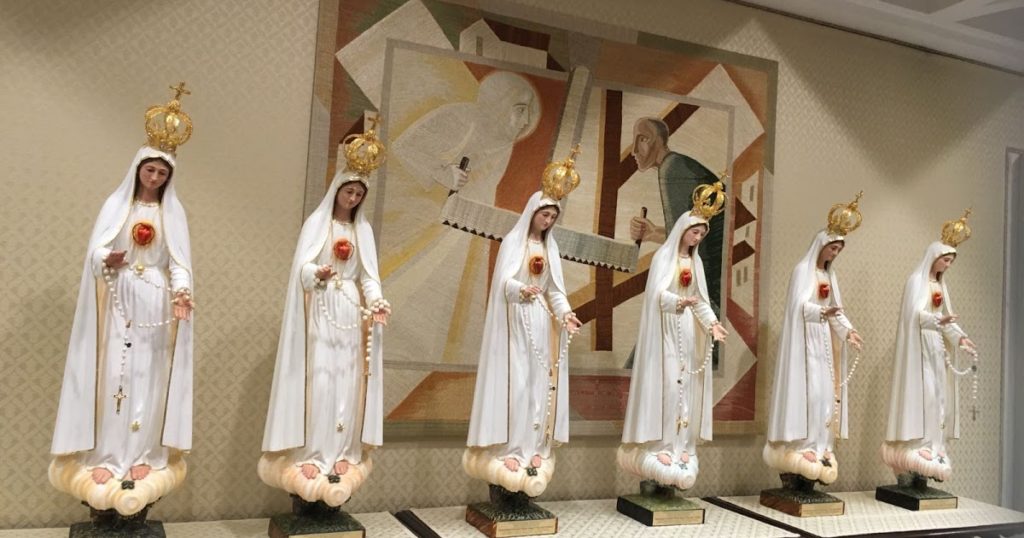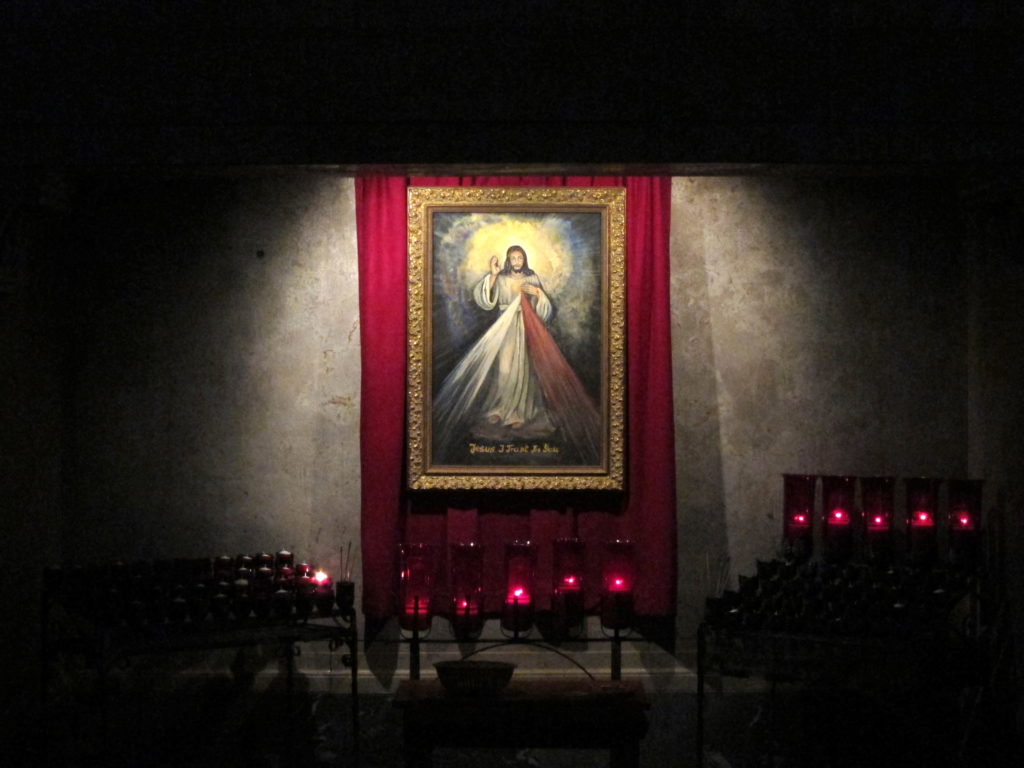The Power of the Pompeii Rosary Novena Part 2
In my first article about the Pompeii Rosary Novena, I discussed what I learned about Rosary prayer from a tactical standpoint. I discussed my strategies for finding time to pray 15 mysteries every day and its benefits. In this article, I’m going to discuss whether Mary responded to my 54 days of Rosary prayer. I […]
The Power of the Pompeii Rosary Novena Part 2 Read More »





